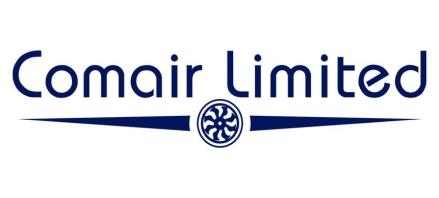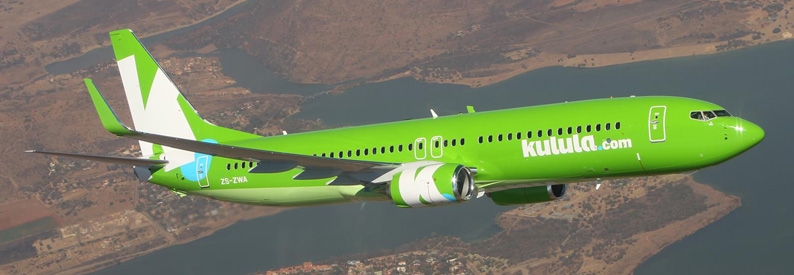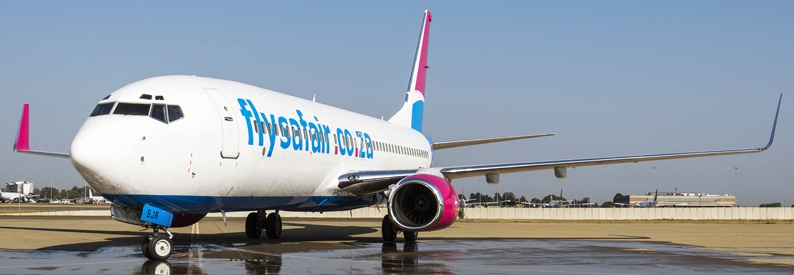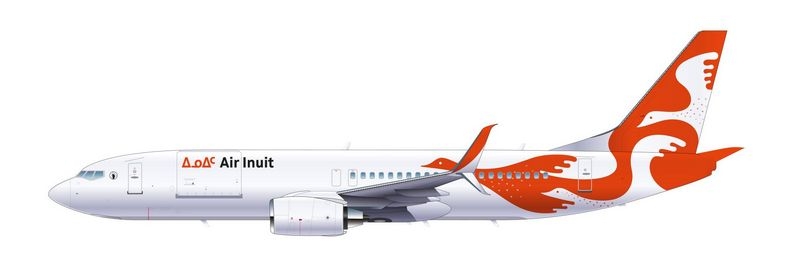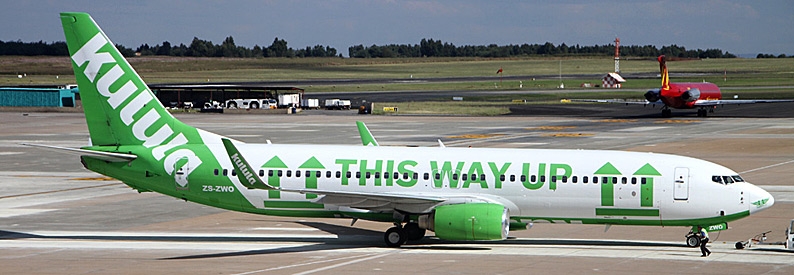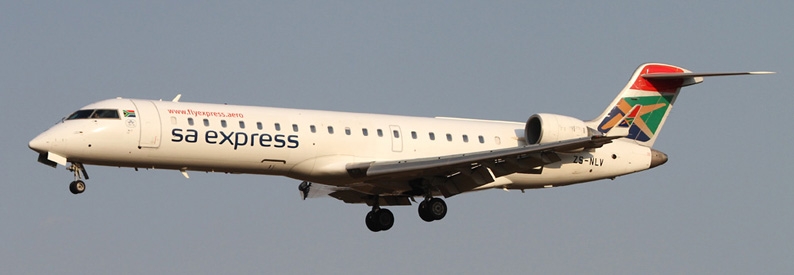Boeing has asked a US federal court to dismiss a bid by the estate of defunct Comair (South Africa) (CAW, Johannesburg O.R. Tambo) to sanction the manufacturer for deleting a crucial "letter of comfort" that allegedly assured the airline that its deposits for purchasing B737-8 MAX aircraft would be refundable. Boeing argues that no such letter existed and that deleting documents was part of routine company procedures.
The manufacturer's response filed in the US District Court of Washington in Seattle on May 12, 2025, relates back to Comair's lawsuit filed in February 2023 (case 2:23-cv-00176). Through it, Comair's estate is seeking USD83 million in damages from Boeing, citing fraud and breach of contract concerning the purchase of eight B737 MAX aircraft.
Comair had paid Boeing more than USD45 million in advanced payments for seven B737-8s and full payment on one delivered in February 2019. However, Comair cancelled the order following the worldwide 20-month grounding of the type in the wake of two fatal accidents. Boeing refused to return the advanced deposits on the seven aircraft it never delivered.
Comair's case hinges on the alleged "letter of comfort" purportedly sent by Boeing employee Rob Faye. The airline's estate claims this letter promised a refundable deposit, but Boeing disputes the letter's authenticity, pointing to several irregularities:
- Comair took nine months to provide the letter. When it was eventually submitted, it was dated January 18, 2024, more than ten years after the date Comair claims it was initially sent. This inconsistency raised concerns about the letter's validity;
- The letter states that the deposit is "non-refundable in the purchase agreement," which contradicts Comair's argument that Boeing promised a refundable deposit;
- After being compelled by the court to provide additional documents, Comair’s metadata showed that the letter was created in January 2024, not when Comair claims it was issued. Additionally, Comair admitted to instructing its eDiscovery vendor (third-party legal service providers that aid in the processing, preparation, and production of electronically stored information) to overwrite metadata, which raised concerns about the integrity of the document's production.
Boeing has defended its document retention practices, explaining that it follows a standard policy for data deletion. Documents from departing employees are deleted within 30 days unless a litigation hold is in place. When key Boeing employees involved in Comair’s purchase, Ron Dubois and Rob Faye, left the company in 2015 and 2018, respectively, no litigation hold existed, as there was no anticipated litigation.
Boeing argues that since no legal claims were foreseeable at the time, it had no obligation to preserve the data, particularly since Comair did not file its lawsuit until 2023, several years after the employees departed and the MAX-related accidents.
Comair, however, argues that Boeing should have anticipated litigation as early as 2012, based on alleged fraud regarding the development and sale of the MAX. Boeing counters this, arguing that it is unreasonable to suggest litigation was foreseeable in 2012.
At the heart of Comair’s motion for sanctions is the accusation that Boeing made fraudulent misrepresentations. Comair references a 2013 presentation where Boeing discussed the integration of the B737 MAX with existing fleets. Boeing defends this statement as forward-looking and speculative, emphasising that the MAX was still in development at the time and could not constitute fraudulent misrepresentation.
Additionally, Boeing challenges the claim that it concealed vital information about the MCAS system from Comair. Boeing asserts that MCAS was disclosed to both the FAA and Comair as early as 2012, and at the time the purchase agreement was signed in 2013 there were no defects in the system that required disclosure.
Boeing further argues that Comair has not provided evidence that any of Boeing's key employees knew their statements were false, a necessary element for proving fraud under Washington law. It maintains that Comair has failed to show that the employees involved in the communication had any knowledge of the alleged issues they supposedly failed to disclose.
In conclusion, Boeing asserts that Comair’s motion for sanctions is a strategic move to prevent the OEM from addressing the weaknesses in the fraud claims. The aerospace manufacturer argues that Comair’s legal and factual arguments are insufficient and flawed.
The case continues.
